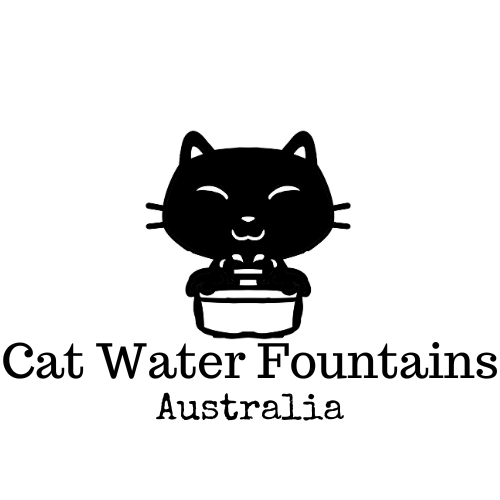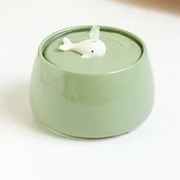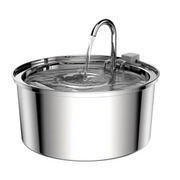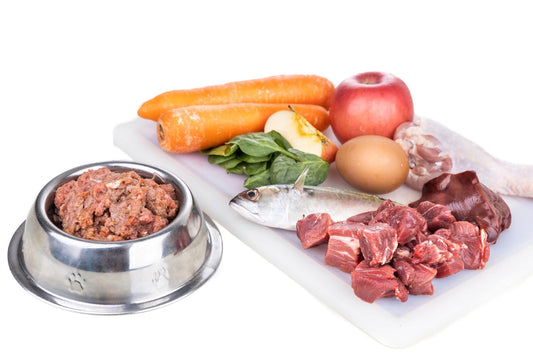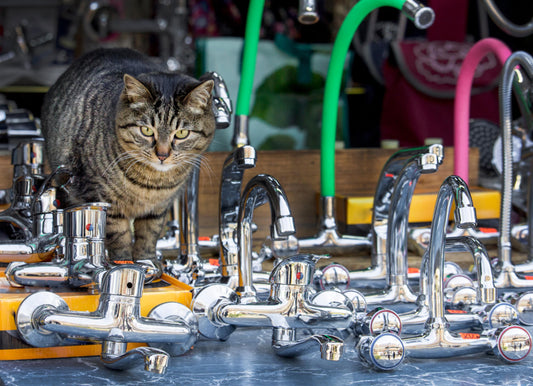Can Cats Eat Bacon?
Cat Water Fountains Australia
Share This Article
If you've ever had a cat, you'll know just how much these little fur-babies adore stealing nibbles off our plates. But is it okay to let them have a little bacon as a treat?
The short answer is yes, but only in moderation and not regularly. Bacon is high in fat and salt, so it should be a rare indulgence, not a regular snack. The risks far outweigh the benefits. Here's why.
What is Bacon?
Bacon is a type of salt-cured pork, usually made from the belly or back cuts. It's known for its rich taste and crispy texture. Although it's a meat product, the curing process involves a lot of salt and other additives that aren't healthy for cats.
Why Bacon Isn't Ideal for Cats
High Salt Content - Bacon is quite high in salt, and too much salt can be harmful to cats. It can lead to sodium ion poisoning, with symptoms including vomiting, diarrhea, high body temperature, and seizures.
High Fat Content - Bacon is also high in fats. While fats are a necessary part of your cat's diet, too much fat can lead to obesity and other health issues like pancreatitis.
Preservatives - Bacon contains preservatives like nitrites and nitrates, which can cause health issues if consumed in large quantities.
Nutritional Profile of Bacon
Fats and Proteins - One slice of cooked bacon contains approximately 3 grams of protein and 4 grams of fat. Cats need a high-protein diet, and fats are important for maintaining healthy skin and fur.
Sodium Content - One slice of cooked bacon has about 200 milligrams of sodium, nearly ten times the daily limit recommended for cats. Too much sodium can cause health problems like hypertension and heart disease.
Preservatives and Cholesterol - Bacon is cured with preservatives like nitrates and nitrites and contains around 10 milligrams of cholesterol per slice. Regularly feeding your cat foods high in cholesterol can lead to obesity and heart disease.
The Possible Health Risks of Bacon with Cats
Sodium Overload - Excessive sodium can lead to hypernatremia, causing severe health issues like high blood pressure, heart disease, and kidney damage. Symptoms include excessive thirst and urination.
Fat Content - High-fat foods like bacon can cause gastrointestinal upset and pancreatitis in cats. Symptoms include loss of appetite, lethargy, and vomiting.
Nitrates and Preservatives - These substances can cause digestive issues and even cancer in cats.
Keep Your Cat Safe, Skip the Bacon
While the occasional tiny nibble of bacon might not cause immediate harm, the risks far outweigh the benefits. There are plenty of safer and healthier treat options available to keep your cat happy and content. By prioritising their well-being, you can ensure a longer and healthier life together.
Note: The information provided in this article is for educational purposes only and should not be taken as veterinary advice. Always consult with your veterinarian before making any changes to your cat's diet or healthcare routine.
